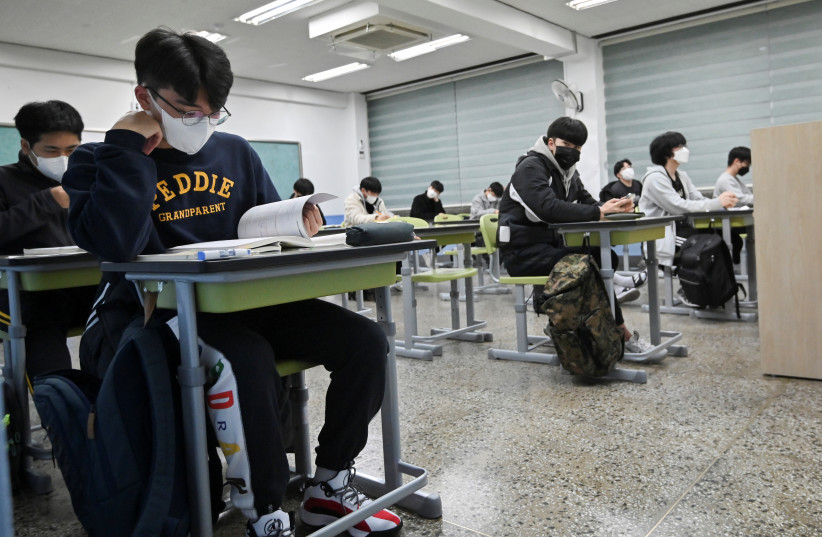International tests such as the PISA and TIMSS, that examine the skills of teenagers in different countries, have fallen under belief by researchers recently that they contain information about future capital to be produced by people who take them.
According to this approach, the degree of high marks in these exams would predict high economic growth in the future, according to new research published by Taub Center on Monday.
The Taub Center researchers stated that if there is such a connection between academic achievements and international tests, the relevance between the two is extremely loose and limited.
Even when some connection was found, the relationship between past economic data and test achievements was only recently significantly stronger and more distinct.
The researchers then state that a country's economic past and present predict the degree of success of its students in international tests much better than test scores predict a country's economic future.

What areas did the study focus on?
The study focused on scores in math, science and reading in tests conducted in 1999-2003, and analyzed the relationship between them and economic growth in 2010-2019, as well as the relationship between scores in tests and its variables from 1980-1999. The analysis shows that the growth at the end of the twentieth century explains both the test scores and the growth in 2010-2019, and that the scores largely reflect the economic past of countries and much less their future. Therefore, grades hardly contribute to predicting the growth rate of the GDP.
"There is no doubt that human capital is an element that has a significant impact on social and economic processes, and that the knowledge acquired in educational institutions is an important part of this capital," said Nachum Blass, one of the study's editors.
"There is no doubt that human capital is an element that has a significant impact on social and economic processes, and that the knowledge acquired in educational institutions is an important part of this capital."
Nachum Blass
"We do not intend to underestimate the importance of the contribution of international tests to educational research, but it must be remembered that human capital is only one of the factors that influence social and economic processes, and that assessment tests are perhaps an effective tool for measuring the level of knowledge acquired, but as far as measuring the quality of education in the country is concerned, their contribution is limited."
